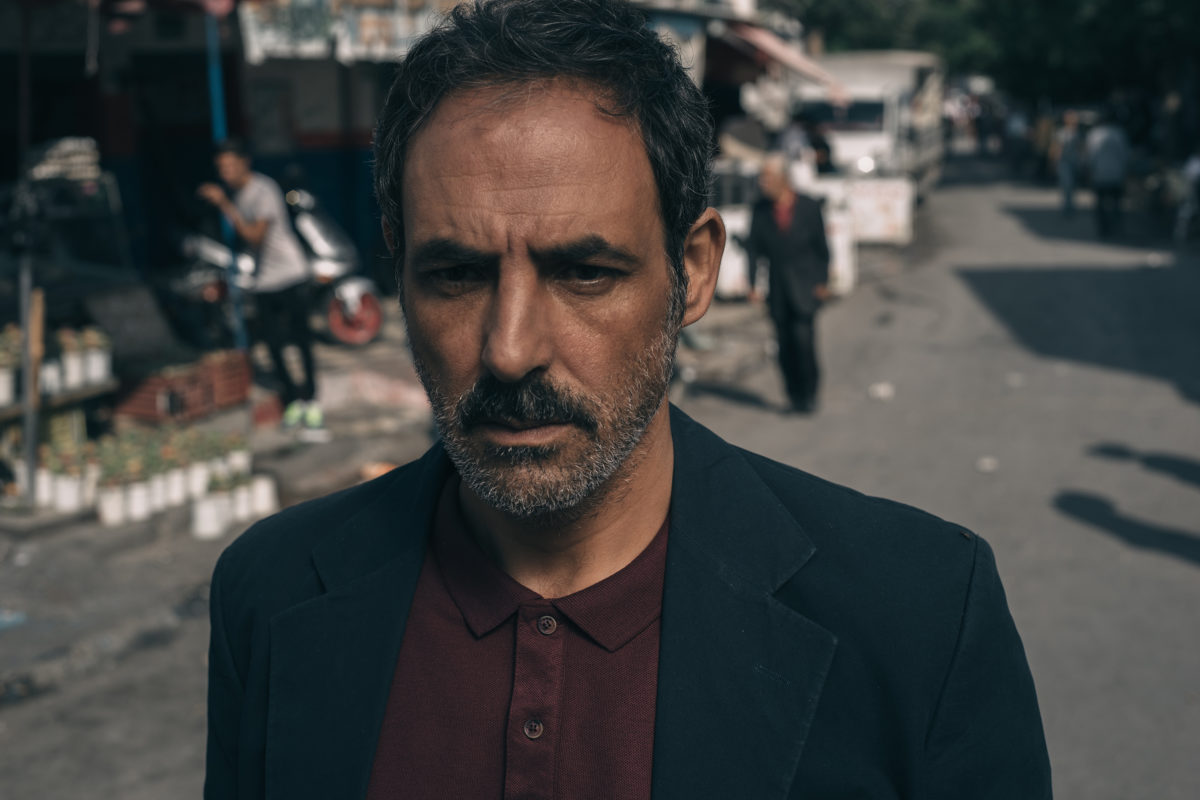After spending years abroad, Brahim (Ahmed Hafiene) returns home to Tunisia to bury his son, Marouane. Yet doubts surrounding his death arise when it is revealed that the liberally raised Marouane had left university to go join a Jihadist group who declared a fatwa on Brahim’s openly secular ex-wife, Loubna (Ghalia Ben Ali).
From this seed, Fatwa (2018) develops into a detective story where Hafiene’s dour presence carries the transition from grief to the disorientation of a naturalized outsider navigating a home turf that has been transformed since he left it behind.
His unfamiliarity with the political situation in particular makes him a bystander in his own investigation, as discoveries are made apropos of his sleuthing, which on its own terms frequently provokes rebuttal or violence.
There is potential in a commentary on the relationship between masculinity and extremism orbiting an impotent lead but writer/director Mahmoud Ben Mahmoud self-sabotages by letting the narrative slow to a repetitive plod after the first act and filling the screen with poorly framed close-ups and two-shots that favour dialogue — appropriate given the emphasis on rhetoric — yet at the cost of everything else cinematic.
Locations, whether they’re bustling or lifeless, are doused in flat lighting and a grey, antiseptic palette and direction of performance neglects the body. A flaw that could have been an intention, emotional repression seems par for the course for everyone involved.
Yet it is hard to believe that Brahim and Loubna were ever married, or that there is a tension between his respect for tradition and her irreligiosity and activism, in a world where personal idiosyncrasies and the specificity of body language are non-existent.
The added effect is an equally poor political sense, with fundamentalism illustrated by generalities and the particularities of moderate opposition tied up with a perfunctory resolution, and a coda dulled by the lifeless morass that preceded it.
